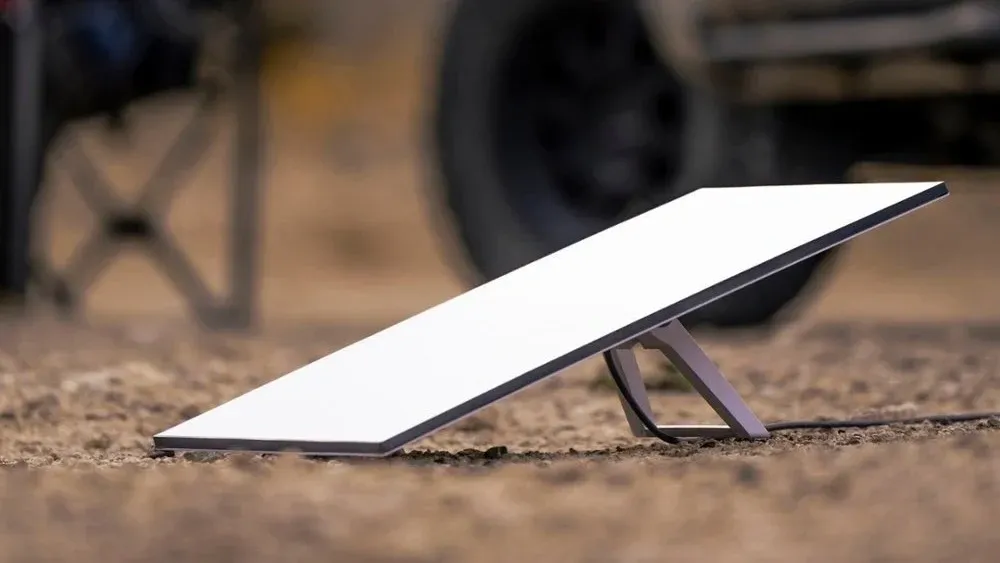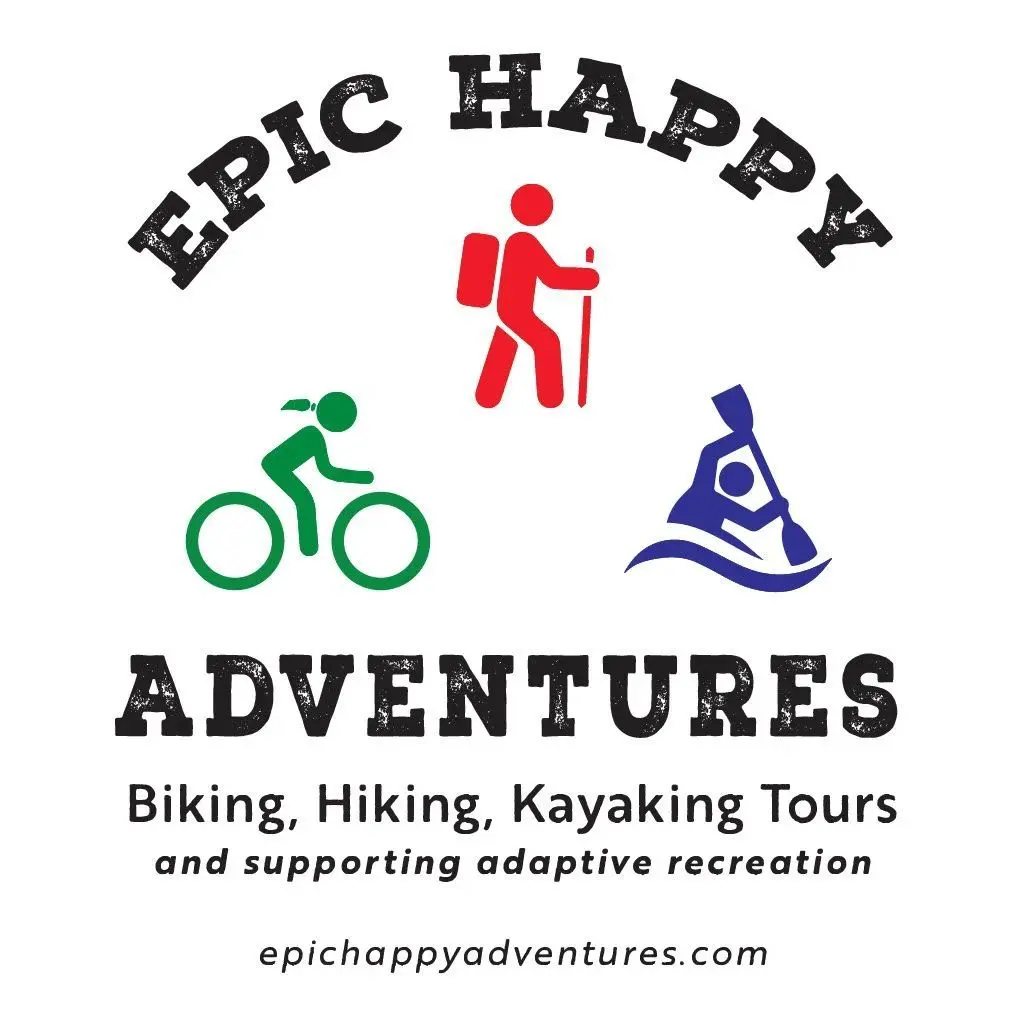
Staying connected when Camping
Staying connected while camping can be a balance between enjoying the outdoors and maintaining some level of communication. Here are several strategies to help you stay connected:
1. Portable Power Banks:
- Solar Chargers: These can charge your devices using sunlight. Look for ones with good efficiency and capacity.
- Regular Power Banks: Carry a high-capacity power bank for your electronics.
2. Satellite Devices:
- Satellite Phones: If you’re going to an extremely remote area, consider renting or purchasing a satellite phone for emergencies.
- Satellite Messengers: Devices like the Garmin InReach or SPOT can send text messages and SOS signals via satellite.
3. Portable Wi-Fi and Hotspots:
- Mi-Fi Devices: Mobile hotspots can provide internet access via cellular data. Ensure your service provider has coverage where you’re camping.
4. Camping Apps:
- AllTrails or Gaia GPS: For maps and navigation when there’s no signal.
- Offline Maps: Download maps for the area you’ll be in before you go offline.
5. Vehicle-Based Solutions:
- Car Chargers: Use your car’s cigarette lighter socket to charge devices. If you have a solar panel for your car, even better.
6. Portable Ham Radios:
- For enthusiasts, a portable ham radio can provide communication and emergency signaling capabilities.
7. Basic Etiquette:
- Respect Nature: Keep your use of technology to a minimum to fully enjoy the camping experience and respect other campers’ desire for peace and quiet.
8. Emergency Planning:
- Inform Someone: Always let someone know your camping plans, including where you’ll be and when you’ll return.
- Check-in: Use your connectivity for quick check-ins with family or friends to let them know you’re safe.
9. Local Knowledge:
- Ask Rangers: Park rangers or local guides might know of spots with better cell service or other communication options.
10. Low-Tech Methods:
- Leave Notes: In primitive areas, leave notes at trailheads or campsites with your plans or emergency info.
- Signaling Devices: Carry a whistle, mirror, or flares for emergencies.
Tips for Minimizing Dependency:
- Plan Accordingly: If you’re going off-grid, make sure you have everything you need before disconnecting.
- Embrace Disconnection: Part of the camping experience can be embracing disconnection. Plan activities that don’t need technology, like star-gazing, bird-watching, or storytelling.
Remember, while staying connected can be useful, part of the allure of camping is escaping the digital world. Balancing tech use with truly unplugging can enhance your outdoor experience, making it not just about connectivity but about connecting with nature and yourself.

